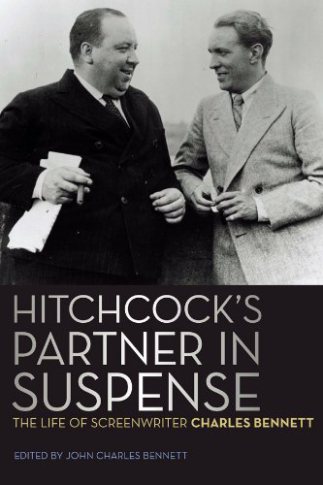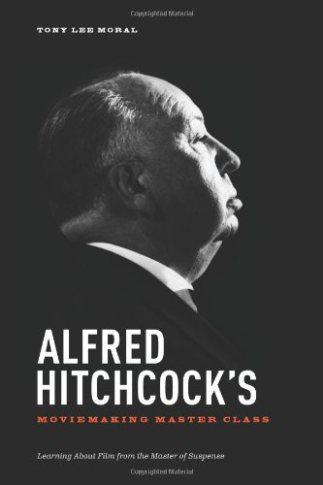 Publisher: University of Illinois Press
Publisher: University of Illinois Press
Release Date: October 1, 2011
Nominated for an Edgar Allan Poe Award from the Mystery Writers of America in the category of Best Critical/Biographical, 2012.
Walter Raubicheck and Walter Srebnick’s Scripting Hitchcock explores the collaborative process between Alfred Hitchcock and the screenwriters that he chose to write the screenplays for Psycho, The Birds, and Marnie. Drawing from extensive interviews with the screenwriters and other film technicians who worked for Hitchcock, Raubicheck and Srebnick illustrate how much of the filmmaking process took place in the scripting phase of production.
One might assume that the book simply treads a path that is covered in detail by Stephen Rebello’s Alfred Hitchcock and the Making of Psycho, Tony Lee Moral’s Hitchcock and the Making of Marnie, and Moral’s follow-up The Making of Hitchcock’s The Birds. However, Scripting Hitchcock proves to have much to…
View original post 58 more words



